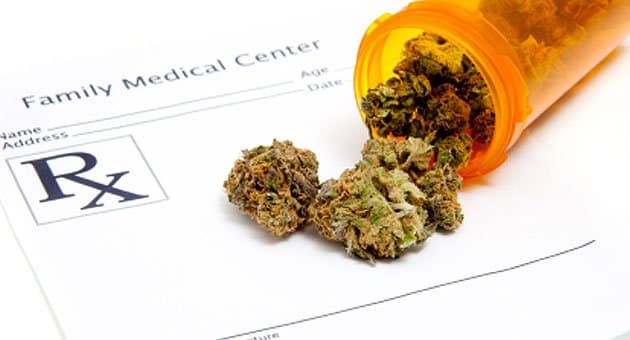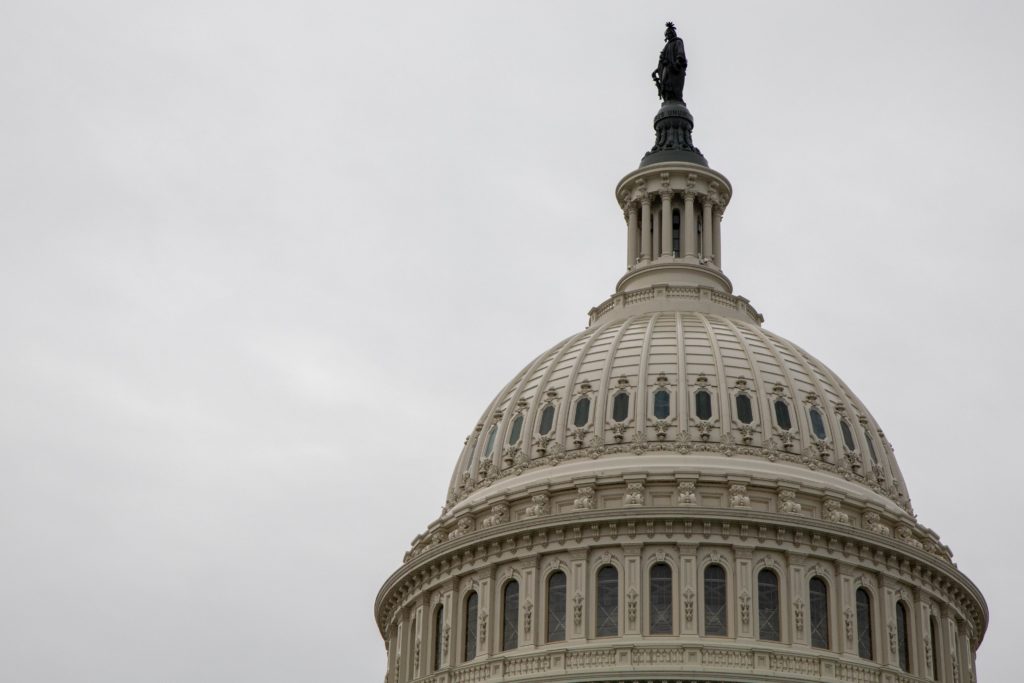A House panel overwhelmingly approved the medical marijuana bill, breathing life into a proposal that has struggled to gain traction in Kentucky’s legislature despite growing public support.
Though the proposal still faces an uphill battle, its lead sponsor, Rep. Jason Nemes, (R-Louisville), said he expects it to pass Kentucky’s House with more than 70 votes.
“We won the battle in the House committee,” Nemes said, per the Lexington Herald Leader. “It’s almost, pretty much over in the House of Representatives. Now we’ve got to let our senators understand where you are and educate them on the bill.”
The House Bill passed the Judiciary Committee with a 17-1 vote, which elicited a cheer from the committee room packed with MMJ patients and advocates. Such large crowds attended the hearing on Feb. 12, 2020, that staffers had to open a separate overflow room wherein opponents and advocates shared their views.
The usual pros and cons
Opponents worried about public health risks, saying that not enough is known about medical cannabis. Advocates pointed to the science, making the case that the bill is based on research and that it foresees the creation of a reasonable MMJ program, which most Kentuckians say they support.
A recent Kentucky Health Issues Poll found that nine out of ten adults in the Bluegrass state are in favor of legalizing marijuana for medical purposes. Nearly six in ten say it should be legalized generally.
“We tweaked the bill over the summer,” Nemes told the committee following the vote. “We made some changes to it. We’ve been through this before. It’s a big issue for Kentucky.”
Medical Cannabis and Opioid Addiction Crisis
Although details on which illnesses and conditions will qualify to use medical cannabis, there is one condition that Kentucky needs help with: opioid addiction. Kentucky has the fifth-highest drug overdose death rate in the United States. And that rate is rising, according to the Centers for Disease Control and Prevention (CDC).
The new drug of choice in Kentucky, according to the state’s Office of Drug Control Policy, is heroin and fentanyl.
Medical cannabis can help
“We now have data on how access to marijuana via medical marijuana dispensaries affects opioid use, and it’s positive,” wrote Peter Grinspoon, MD in Harvard Health Publishing.
“According to two studies recently published in JAMA Internal Medicine, the rate of opiate prescriptions is lower in states where medical marijuana laws have been passed,” Grinspoon noted.
Cannabis advocates agree that patients and physicians in other states have learned through experience that cannabis is beneficial as an alternative to opioids and other prescription drugs.
Kentucky, hopefully, can do the same
“Kentuckians have been waiting far too long for safe, legal access to cannabis for medical use,” Matt Simon, legislative analyst at the Marijuana Policy Project, said in a statement after the vote.
“Passing HB 136 is a moral imperative for Kentuckians who are suffering with debilitating medical conditions,” Simon added.
With the Judiciary Committee’s approval, the bill now heads to the full House floor.





